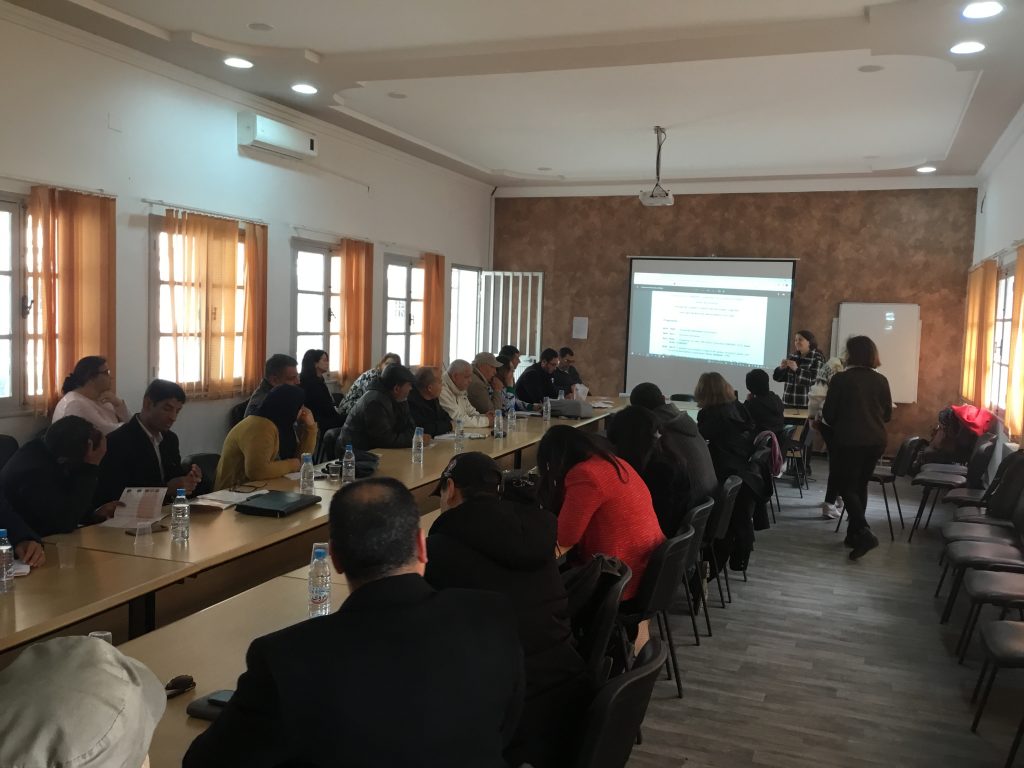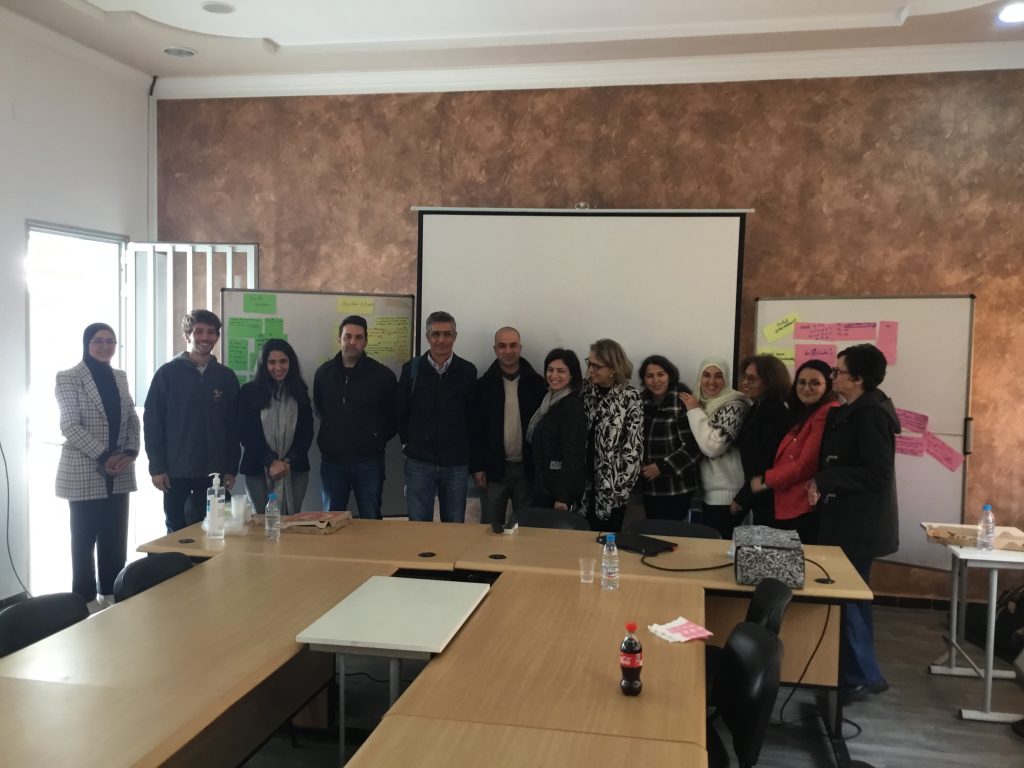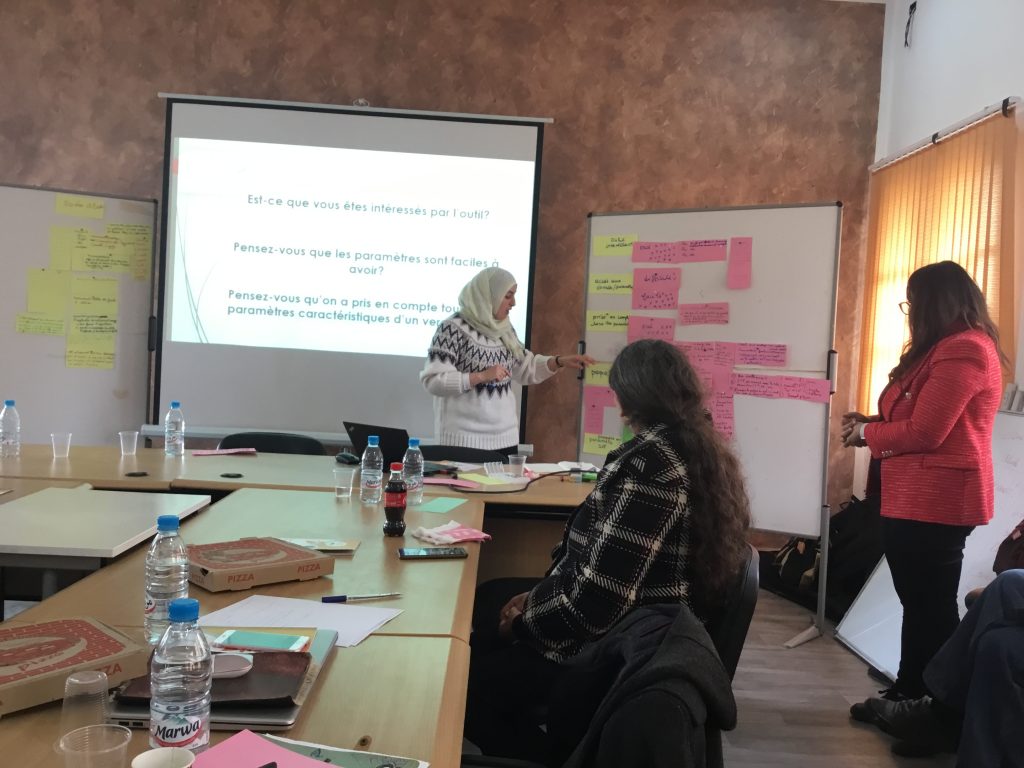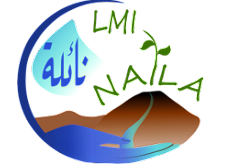Training workshop “Management of localized irrigation in citrus orchards”
Boucherik Agricultural High School, Beni Khalled Tunisia-March 16, 2022
The training workshop on “Management of localized irrigation in citrus orchards” is organized within the framework of the Research and Development agreement between INRGREF and CTA, and with the support of the FLUXMED project and LMINAILA on improving the management of citrus irrigation for the period 2015-2024 The workshop is part of a series of participatory events organized as part of the work of the valorization axis aimed at improving the decision support tools (DST) CITRIG which was developed and implemented during NAILA 1 for irrigation management.
The workshop took place on March 16, 2022 at the agricultural school of Boucherik, Nabeul. The opening was ensured by the DG of CTA and the Co-Director of LMI NAILA, who emphasized the relevance of this collaboration aimed at producing practical tools to improve the use of water especially in the current conditions of water scarcity, reinforced by climate change. The number of participants was 43, including farmers, representatives of the Tunisian National Union of Agriculture and Fisheries, extension workers and representatives of GDA farmers’ associations.
During the workshop, two oral communications were made. In the first, Mrs. Imene Mahjoub presented the provisional schedules for a drip irrigation system for citrus orchards in the regions of Beni Khalled and Oued Souhil, and briefly explained the method used to develop these schedules and how the utilize. In the second oral communication Mrs. Rim Zitouna presented a CITRIG decision tool developed by the work team to meet the societal need for a tool that can be easily used on Excel. CITRIG provides irrigation doses and duration with localized systems in citrus orchards. And it uses little information on the characteristics of the orchards, the climatic data of the average year being given by default by CITRIG.
During the discussions, participants said they appreciated the programs and tools presented. However, they made a few criticisms mainly:
1- the diagrams and the CITRIG tool do not take into account information on the type of soil,
2- How to manage interannual variability, in particular the high temperatures frequently observed in recent years?
3- how to manage the irregular and limited availability of irrigation water,
4- how to take into account the high salinity of irrigation water.
However, many participants said they were ready to use the predictive irrigation schedules and CITRIG tools. Regarding the media on which they wish to find the tools, 43% of participants are interested in mobile applications, 33% prefer software to be installed locally on a computer, 23% wish to see them on a website and only 7% prefer schedules printable.
In conclusion, this workshop was described by the participants as instructive. The discussions helped to identify perspectives for the dissemination of the tools and for future development to take into account the criticisms of the participants.



